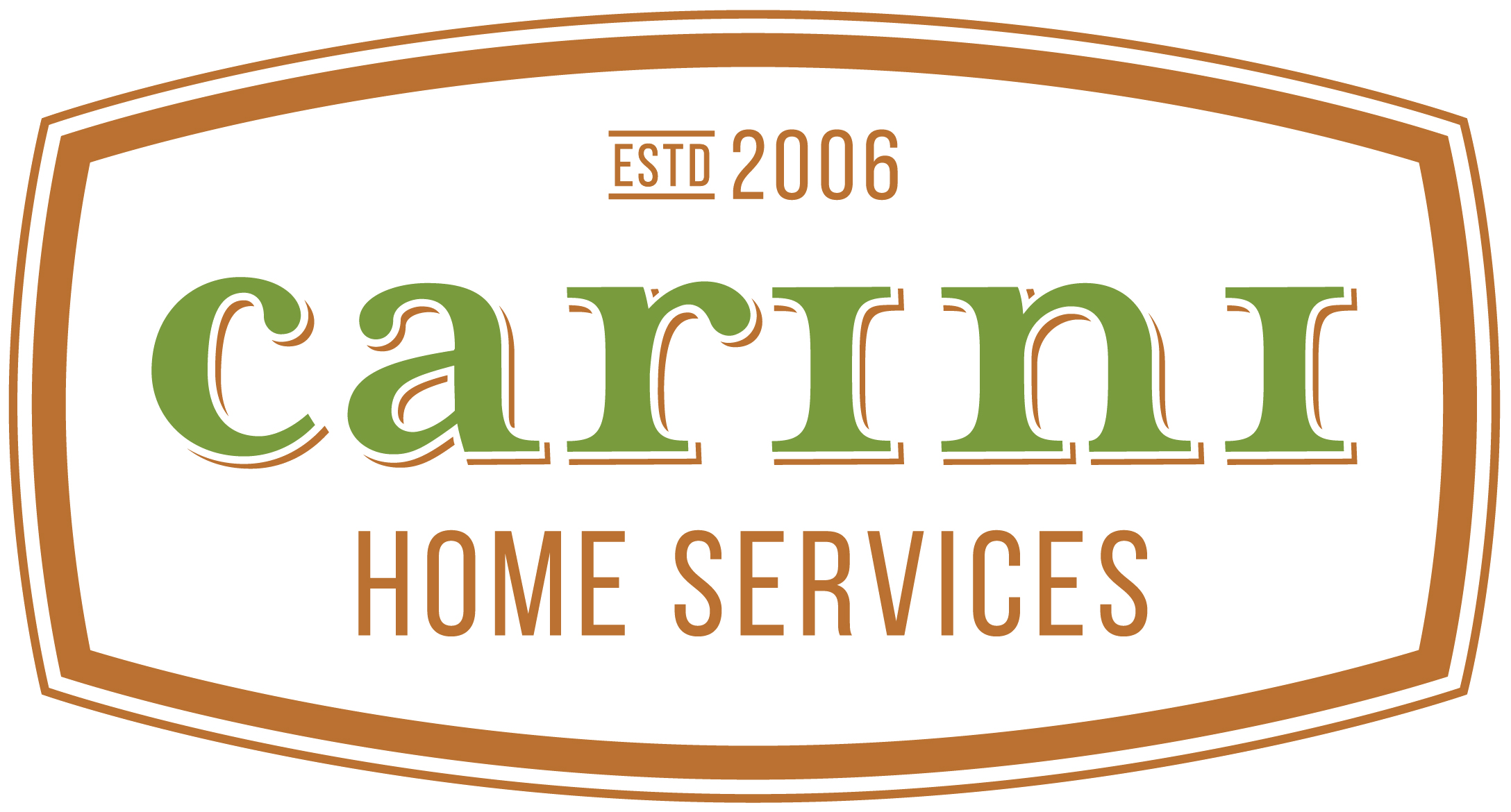SAN DIEGO, CA – Extended drought, heat, low humidity and gusty winds. In the world of wildfires, these are the ingredients of a perfect storm.
That’s what is happening throughout San Diego County right now, and at one point recently, three dozen fires raged. Eight of them continued to burn May 15 in areas all over the county, ravaging 10,000 acres since May 13, CNN reported.
These fires are wreaking havoc on air quality, and those who suffer most include:
- The elderly- their lungs aren’t as efficient
- Children age 7 and younger- they breathe in more air per pound of bodyweight
- Pregnant women- they also breathe in more air per pound of bodyweight
- People with asthma, emphysema, chronic obstructive pulmonary disease and heart disease
- People with colds and flus
- People who are allergic to smoke
“It’s unhealthy for anyone to inhale smoke and ash, but those who fall into these groups are particularly at risk,” says San Diego AC repair expert Gabriel Carini.
When wildfires rage and people are forced indoors, having filtered air conditioning is key, Carini says. Homes equipped with HEPA room air filtration units should use them.
You also can use the fan on your air conditioning or heating system to clean and circulate the air in your home (run on the fan setting only – the air conditioning or heating during the winter – does not have to be on) It’s important to make sure you have a clean filter. The filtered air inside your house should be cleaner than the air outside during and after fires.
Avoid activities that create indoor air pollution during these times. Examples of this include vacuuming and burning candles.
After the Fire
If you happen to live in an area where neighboring homes have been claimed by the fire, you must continue to be diligent about protecting your indoor air quality until the neighboring sites are cleaned, according to information provided by the Colorado Department of Public Health and Environment.
This agency recommends removing your shoes and wiping your pets’ paws before coming indoors. Keep windows closed as often as possible, and replace filters when they become clogged. Some experts recommend replacing filters monthly for up to one year after the surrounding area has been cleaned.
If your home only has window air conditioning units or swamp coolers, remember that these units don’t filter air as effectively as furnaces or central air conditioning systems.
Ash and soot in the area will continue to generate smoke odors and airborne particles when disturbed by air movement. Until they’re diluted and absorbed into the environment, continue using indoor mechanical air filtration to help lessen the effects.
AC Professionals Serve A Larger Role
Here’s something not everyone realizes: air conditioning professionals do more than simply regulate the temperature in your home. They also can help control the air quality.
This is particularly useful for people who suffer from respiratory or other health issues.
“The simplest way to get better quality air inside your home or office is to make sure the HVAC system’s air filter is being used properly,” Carini says.
Simple mistakes can be made by homeowners that can have adverse effects on air quality, too. Whether it’s installing a filter backward, purchasing inexpensive fiberglass filters that are less effective, or buying the wrong size filter that fails to cover the entire air duct, these issues can stand between you and good air quality.
If you would like help improving the air quality in your home in light of these recent wildfires, contact us today for an appointment.
